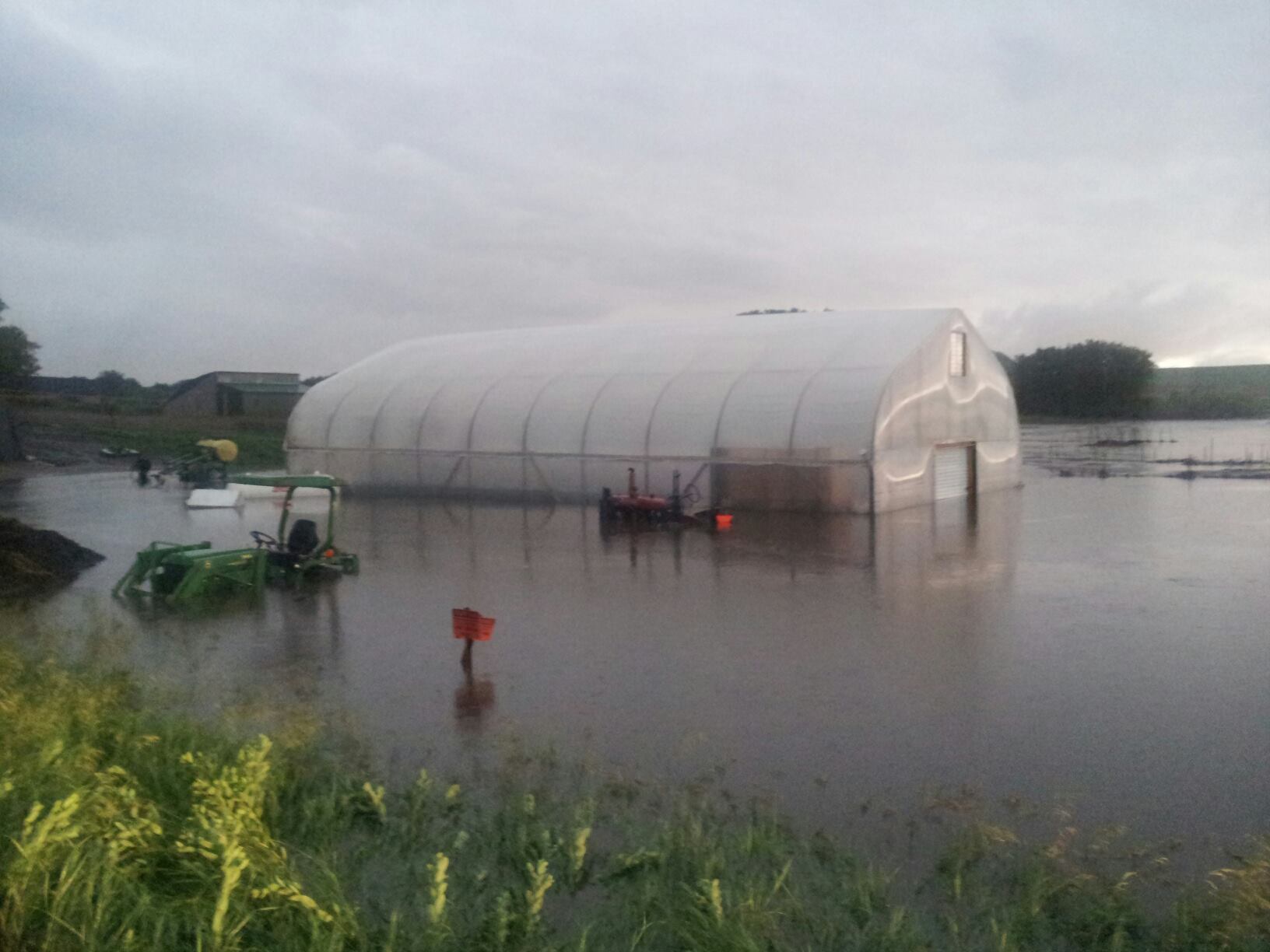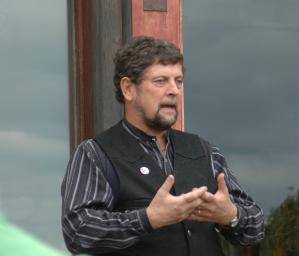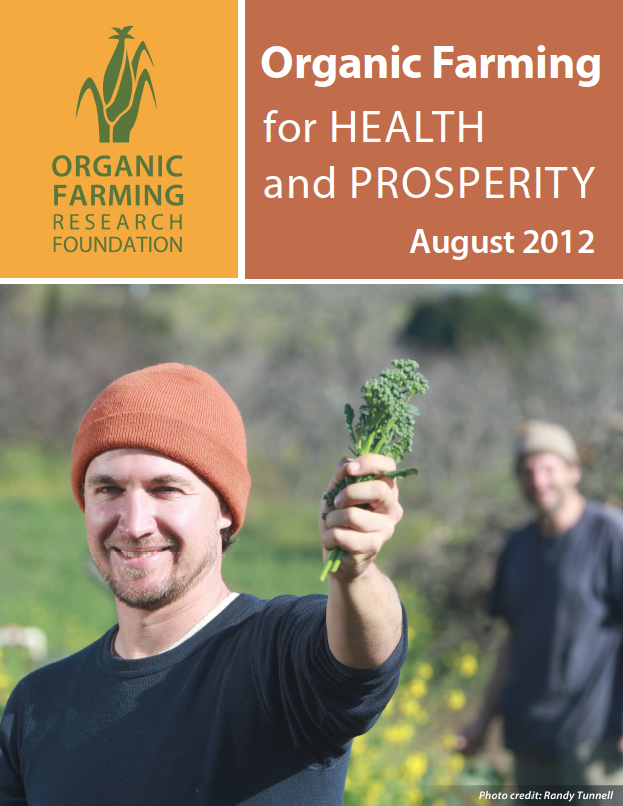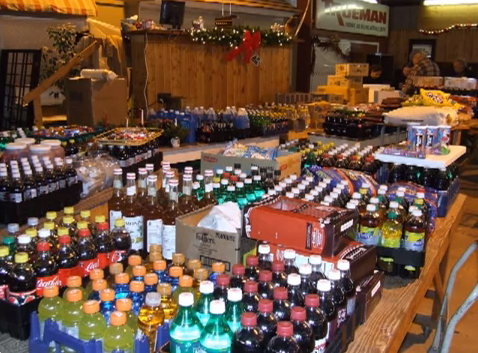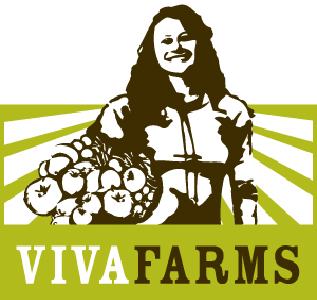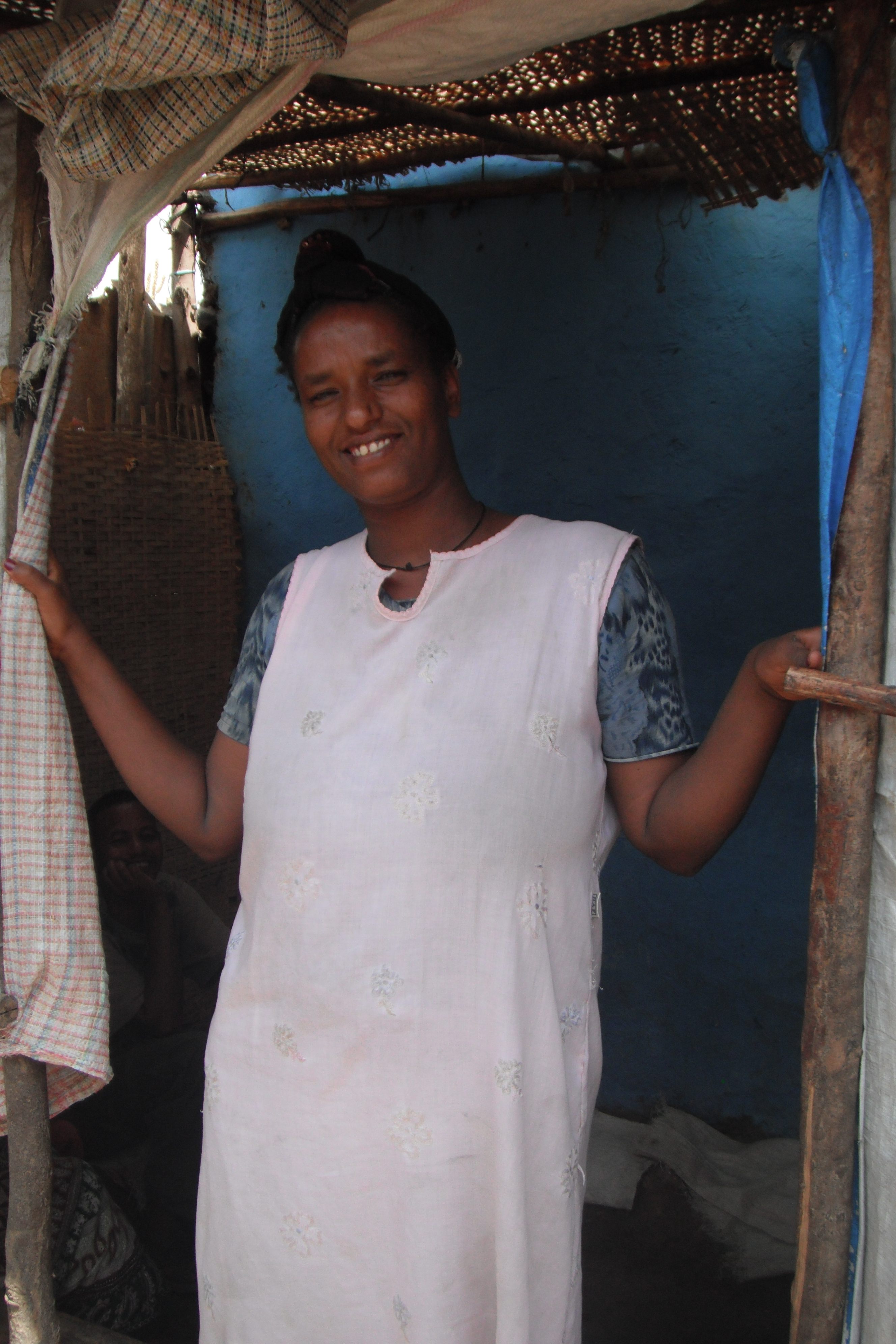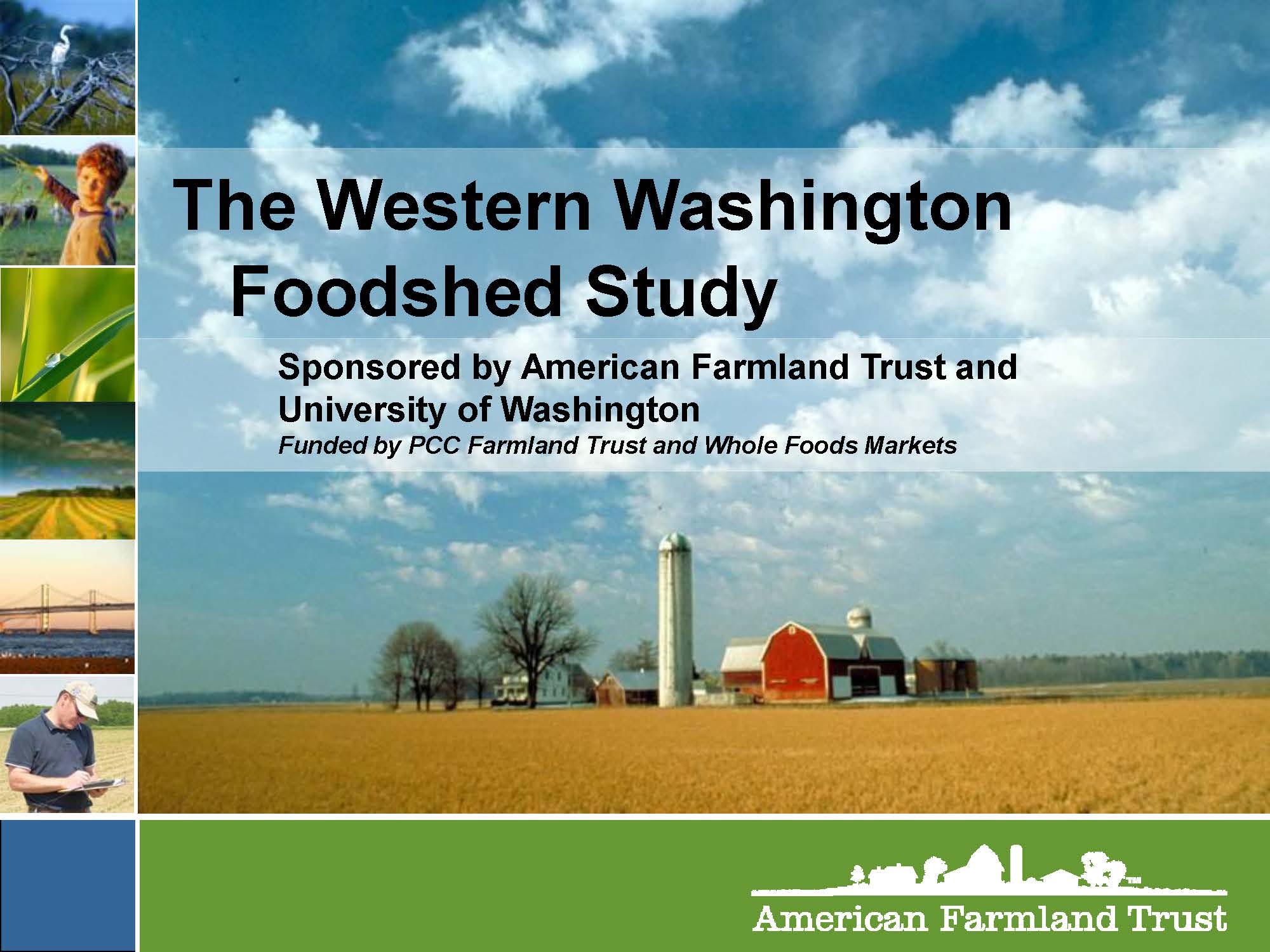After the flood: A beginning farmer on the front lines of extreme weather
In mid-June, beginning farmer Dayna Burtness was delivering her farm’s vegetables to clients in Minneapolis when she got the call: the rain that had started at mid-day had not let up for hours. Things were looking bad back at Laughing Loon Farm.

